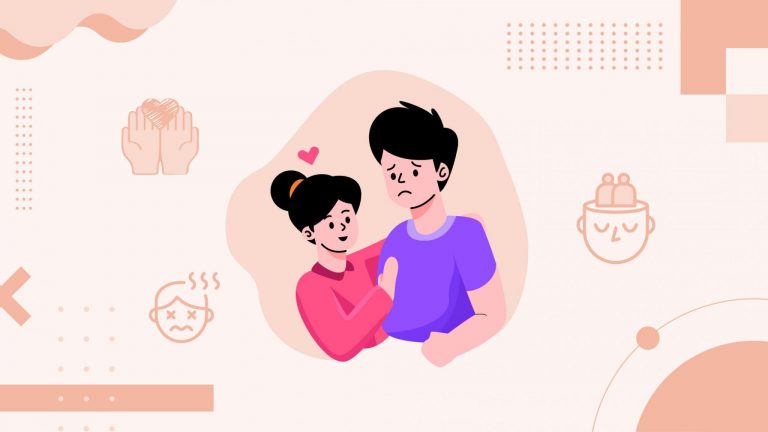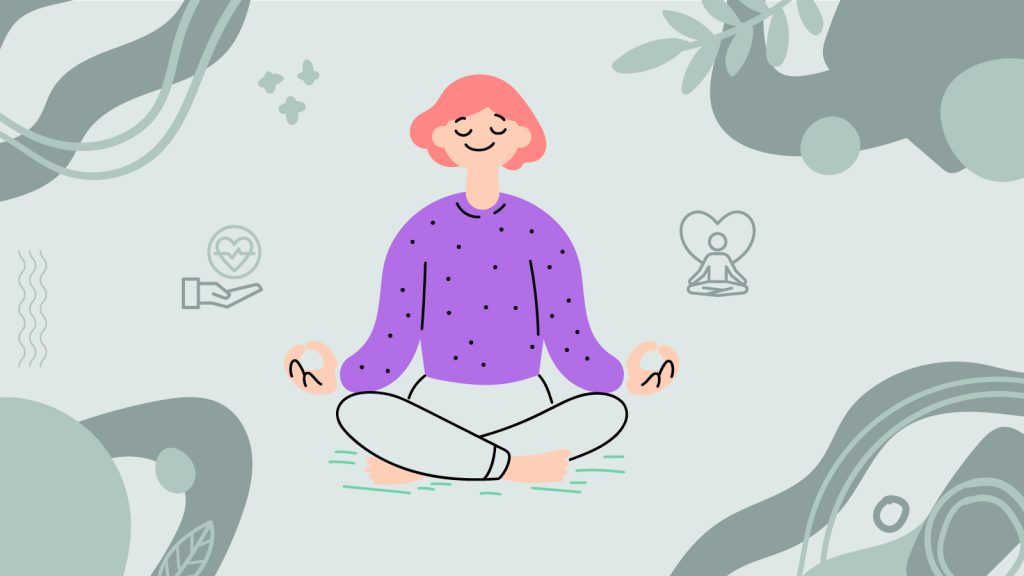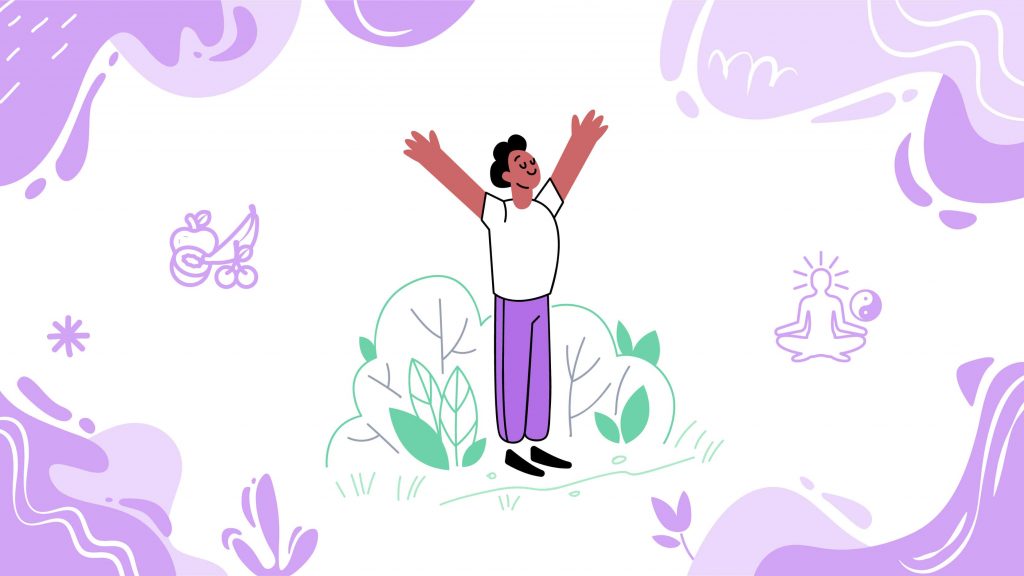What is an Empath?
Let’s dive into the life of an empath—a person so attuned to the emotions around them, it’s as if they’re conducting an orchestra of feelings. For empaths, everyday encounters are more than mere interactions; they’re intense experiences. Imagine feeling every subtle mood shift in the room, every undercurrent of joy, anxiety, or sorrow, as vividly as if those emotions were your own. This incredible sensitivity allows empaths to connect deeply with people, offering profound empathy and understanding.
However, this gift doesn’t come without its challenges. Living as an empath can feel like you’re constantly walking through an emotional minefield. One minute you’re fine, and the next, you’re overwhelmed by a flood of feelings that aren’t even yours. It’s exhausting, and without the right tools, it can feel like you’re losing your own emotional footing.
The key struggle for empaths is learning how to navigate this world without letting the sea of external emotions drag them under. It’s about finding balance—learning when to open up to others’ emotions and when to shield yourself. For empaths, self-care isn’t just helpful; it’s essential to maintain their own emotional health and sense of self.
The Science of Empathy as an Emotion
Ever wondered why empaths seem to feel everything so intensely? It’s like they have an internal antenna that picks up emotional signals that others easily miss. This isn’t just a poetic way to describe sensitivity—it’s rooted in the very structure of their brains. Empaths might be working with a set of supercharged mirror neurons—the brain cells responsible for our ability to empathize and understand others. These neurons in empaths are like amplifiers; they turn up the volume on other people’s emotions, which explains why empaths can deeply understand and resonate with others’ feelings.
Moreover, the limbic system of an empath, which is the emotional processing center of the brain, is tuned to a higher frequency. This part of the brain reacts more vividly to emotional stimuli, which means what might be a ripple of sadness or flicker of happiness in others can feel like a tidal wave to an empath. This heightened limbic activity makes empaths particularly prone to emotional contagion—catching the feelings of those around them as easily as one might catch a cold.
This neurochemical sensitivity isn’t just about feeling more; it’s about experiencing the world in a profoundly different way. While this can be emotionally taxing, understanding the neurological underpinnings can help empaths recognize their limits and employ strategies to protect their emotional energy. It’s a fascinating glimpse into how our brains can shape our interactions with the world around us and underscores the importance of nurturing our mental health based on our neurological needs.
Subscribe to newsletter
Get your Gut Health Starter Guide right now.
Elevate your Tuesdays with practical, science-backed wisdom propelling you forward on your gut health journey.

Strategies for Safeguarding Serenity
Thriving as an empath means mastering the art of emotional balance. Here’s how you can filter the noise and focus on your inner peace:
- Set Clear Boundaries: It’s okay to say no or to excuse yourself from conversations or environments that feel too intense. Learning when to step back is essential for preserving your emotional energy.
- Create a Personal Sanctuary: Designate a space in your home where you can unwind and escape from the world’s emotional chatter. Fill it with items that soothe your senses—soft blankets, calming music, or scented candles.
- Practice Mindfulness and Meditation: These tools can be transformative. They help you observe and acknowledge emotions without getting entangled in them. Daily meditation strengthens your mental resilience and your ability to remain centered amidst chaos.
- Engage in Grounding Activities: Regular physical activities that connect you with nature or your body can act as a reset button for your emotional state. Whether it’s yoga, hiking, or gardening, find something that helps you feel rooted to the present moment.
- Schedule Regular Check-ins: Make it a habit to periodically assess your emotional state. Identifying which emotions are yours and which you’ve absorbed from others can help you clear out emotional clutter.
- Seek Supportive Relationships: Surround yourself with people who understand and respect your sensitivity. Having a support network that recognizes your need for emotional downtime can be incredibly validating.
- Educate Yourself and Others: Understanding the science behind your empathic nature can empower you and those around you. Sharing knowledge about how empaths process emotions can foster better relationships and mutual respect.
An Empath’s Tale of Triumph
Meet Mia, a dedicated social worker whose deep empathy often felt more like a burden than a gift. “Every day, absorbing everyone’s emotions left me drained,” Mia explains. “I was always on edge, feeling both isolated and overwhelmed by the constant emotional influx.”
Realizing she needed to regain control, Mia began to implement specific strategies to manage her empathic abilities. She set firm boundaries with clients and colleagues, carving out necessary personal space to recharge. She also committed to a daily mindfulness practice, which helped her distinguish between her own emotions and those she absorbed from others.
“The transformation didn’t happen overnight, but the effects were profound,” Mia reflects. “Setting boundaries and practicing mindfulness gave me a new lease on life. I could interact with others without losing myself in their feelings.” Now, Mia not only continues her social work with renewed passion but also coaches other empaths on how to balance their sensitivity with self-preservation.


















